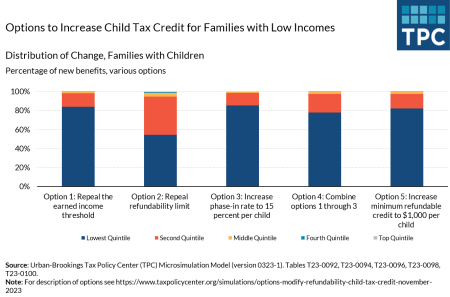The COVID pandemic-induced growth in working from home (WFH) continues rippling through the economy, highlighting tensions for both employees and employers. If you work from home at least part of time, you’re part of a major shift in the professional labor market, but don’t get too comfortable—things will keep changing.
Last week, Meta started requiring workers to work in the office at least three days a week. This was foreshadowed earlier in March, when Zuckerberg blogged that internal performance data showed engineer productivity, especially for those “early in their career” rose by doing “in-person work with teammates.”
This is a new corporate policy for Meta. It differs from the policy in Zuckerberg’s 2021 internal memo, which allowed all full-time workers to apply for WFH. At that time, Zuckerberg said “we’ve learned over the past year that good work can get done anywhere, and I’m even more optimistic that remote work at scale is possible.” Now he, and Meta, are changing.
In contrast, Tesla
TSLA
Their differences at these highly successful firms reflect how companies are struggling to incorporate working from home with needs for innovation, managerial supervision, and other in-office tasks.
The difficulties aren’t surprising to labor and employment experts. Jobs involving teams, especially new employees needing onboarding, benefit from in-person work. New workers can learn specific tasks, but also the company’s work culture. They can build relationships with managers, or easily ask co-workers for help on new or confusing tasks.
In 2020, management expert Peter Cappelli noted these concerns in a skeptical article, “Why We Won’t Keep Working From Home.” He said WFH “works best for tasks that are self-contained,” but makes “big demands on performance management,” and “doesn’t work well” for team-based and cooperative tasks.
But even given Cappelli’s insightful remarks, WFH has stayed higher than many (including me) predicted. Why?
Stanford’s Nicholas Bloom, one of our best WFH scholars, thinks the research “portend(s) an enduring shift to work from home.” Bloom and his colleagues note that 12% of full time adult workers now are fully or mostly remote, and another 29% are hybrid, “four times the (pre-pandemic) 2019 rate and ten times the rate in the mid-1990s.”
Some of the change is due to technology. Most people now have access to high-speed broadband internet service, an essential part of WFH. Pew Charitable Trust research shows nobody had such services in the 1990s, but by 2021, “roughly three-quarters of American adults have broadband internet service at home.”
The quality of internet-based services also has improved dramatically, sparked in part by customer demand. Those of us who were around in the early days of video conferencing remember constant technical failures—dead microphones, loss of pictures and graphs, inaudible colleagues, and delayed and interrupted meetings.
But Zoom, Microsoft
MSFT
OK, so you can work more easily from home. But why do employers allow it? Remember that work includes some inherent conflict between employers and employees. (One of the easiest concepts to explain to new economics students is “the disutility of work”—you don’t like doing it, and someone has to pay you for it.)
You might not go as far as Marxist scholars like Harry Braverman. His masterwork Labor and Monopoly Capital: The Degradation of Work In The Twentieth Century posited an irreconcilable conflict between capitalists’ desires for more output at lower costs versus workers’ desire for income and leisure.
But employers aren’t charities (as Meta showed with its layoffs of over 20,000 workers since last November.). They are trying to get as much profit they can, with short and long term labor force strategies meeting their goals and staying competitive while keeping costs low.
WFH is important and interesting precisely because firms haven’t figured the optimal strategy yet. Meta’s changing policies underscore this uncertainty.
Bloom and some colleagues show this dramatically in other research. Analyzing job vacancy posts, they show how countries, industries, and even firms in the same industry vary significantly in allowing working from home. For example, in postings for automotive engineers, Honda mentions remote work 45% of the time, compared to 23% at General Motors
GM
The lowest? Not surprisingly, Tesla—at zero percent. How can four successful firms in the same industry, recruiting for the same occupation, have such diverse WFH policies?
Musk’s hyperbole about morality aside, both his rejection of WFH and Zuckerberg’s shifting policies illustrate that businesses and owners don’t know what to do with remote work yet. We’re in for a good deal more of experimentation and uncertainty as WFH evolves, especially if and when the job market slows down and employers get more leverage over employees.
Read the full article here








